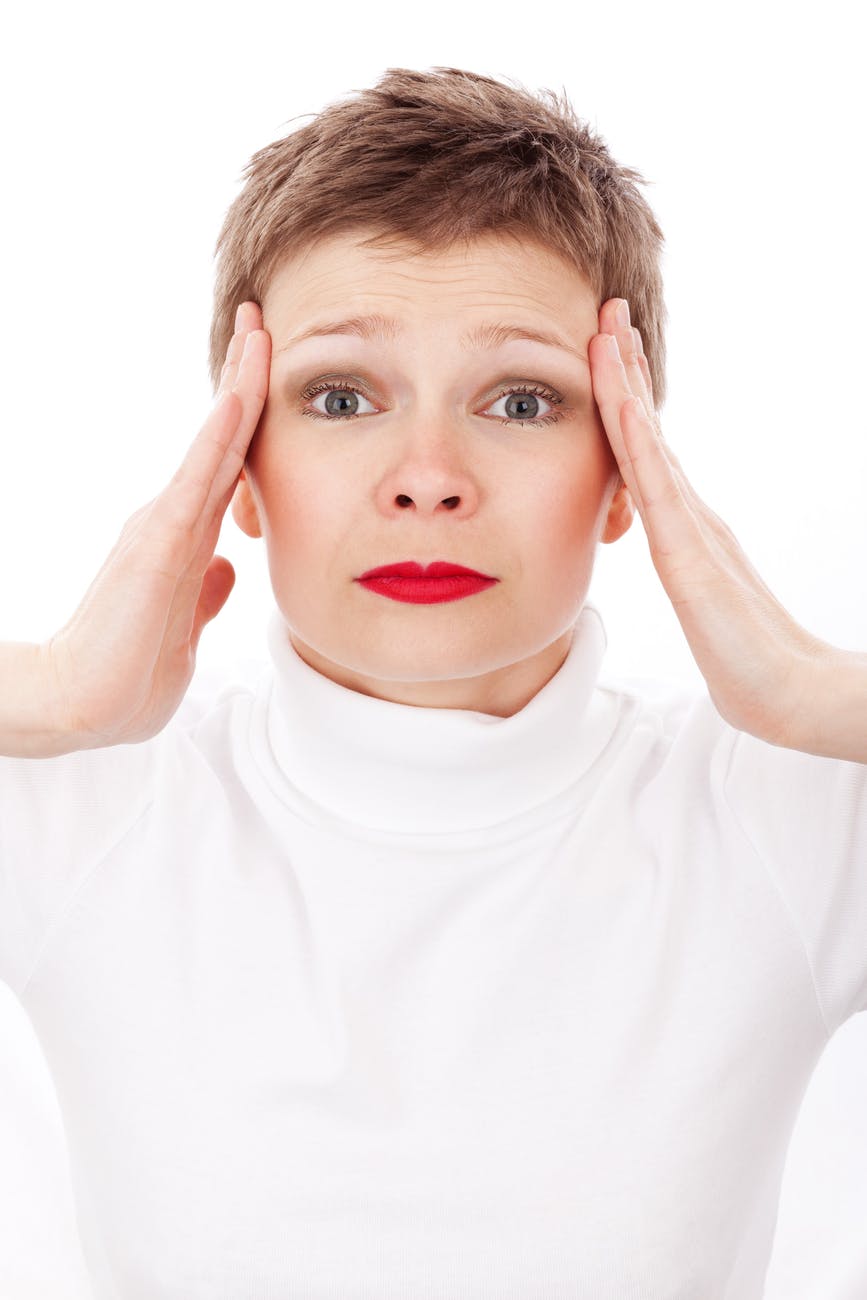
Menopause -10 Common Symptoms And How To Find Relief
Menopause
10 Common Symptoms And How To Find Relief
Menopause is the natural ending of menstruation that usually occurs between the ages of 45 and 50. If it’s been 12 months since your last menstruation, you’re most likely going through menopause, but you can begin to experience menopause symptoms four years before your last period.
Unfortunately, too many people are embarrassed by this stage of their life. As a result, many folks suffer needlessly from common menopause symptoms without seeking relief.

What are the symptoms of menopause?
It’s important not to wait until your menopause symptoms become unbearable for you to take action and get medical help. Here are 10 of the most common menopause symptoms so you know what to look out for and what you can do find relief.
[rml_read_more]
- Hot flashes. Up to 75% of those going through menopause experience hot flashes, making it the most common symptom. Hot flashes are described as sudden, periodic increases in body temperature that occur during the day or night. You might experience an increase in heart rate and sudden perspiration. To relieve hot flashes, consider drinking red raspberry tea and talking to your doctor about hormone replacement therapy.
- Weight gain. Menopause causes hormonal changes in the body, which can result in weight gain in the abdomen, hips, and thighs. Consider meeting with a nutrition expert to get an idea about what to eat and how to exercise at this stage in your life.
- Irritability and depression. Considering the uncomfortable symptoms that go along with menopause, it’s no question irritability is also a common side-effect. You may experience mood swings, anxiety, and depression. These symptoms are partially caused by estrogen loss but are also caused by increased stress because of the many social and physical changes that are happening at this point in your life. Up to 20% of those going through menopause will experience depression. Therapy or support groups can help with stress while regular exercise can help to get your endorphins going to better regulate your mood.
- Migraines. Estrogen level fluctuations are linked to migraine headaches. During menopause, you’ll experience estrogen loss which can increase migraines by 50% to 60%. Over-the-counter pain medications aren’t always effective at treating migraines, but you can seek relief through acupuncture, hormone replacement therapy, and even botox injections.
- Insomnia and difficulty sleeping. Up to 61% of those going through menopause suffer from bouts of insomnia. Insomnia is a sleep disorder characterized by difficulty falling or staying asleep. You might wake up throughout the night, have difficulty going to sleep or going back to sleep, wake too early in the morning, or you feel tired when you wake up. Persistent insomnia can cause irritability, increased stress, cognitive problems, and gastrointestinal problems. You can relieve insomnia by reducing stimulants at night, partaking in activities that reduce stress and anxiety, and following a routine to help you relax before going to sleep. Talk to your doctor if your insomnia persists.
- Low sex drive. You might experience a decrease in your sexual desire during menopause because your estrogen and testosterone levels are dropping. You can kickstart your sex drive again with regular exercise to get your endorphins going or by using hormone replacement therapy.
- Vaginal dryness. Declining hormone levels during menopause can reduce the fluid that the vagina naturally creates resulting in dryness and loss of elasticity. This can make vaginal sex uncomfortable or even painful. Approximately 40% of those going through menopause suffer from vaginal dryness. You can use aloe vera as a natural moisturizer to relieve discomfort. You can also use water-based lubrication during vaginal intercourse. Avoid oil-based lubricants, which can erode the latex in condoms and dental dams.
- Fatigue. When it isn’t caused by insomnia, fatigue during menopause is caused by hormone imbalance. The ovaries slow their production of estrogen and progesterone during perimenopause and menopause. Although this is a natural hormone imbalance, your body is designed to try to keep everything in balance. As a result, your adrenal glands pick up the slack to keep menopause from making you feel awful. This additional demand on your adrenal glands can make them fatigued which can drain your energy levels. You may be tempted to increase your caffeine intake when you’re suffering from fatigue, but you actually want to increase your water intake. Exercise earlier in the day and partake in relaxation techniques to combat fatigue as well.
- Body aches. If you experience stiffness, joint pain, and body aches during menopause, it isn’t just because your body’s aging. Up to 62% of people report joint and muscle pain during menopause, especially in the morning. It’s important to talk to your doctor when you experience body aches during menopause because the hormone changes that result can lead to a variety of issues including breast tenderness, joint pain, bruising, cramps, and even fibromyalgia. You can still exercise while experiencing body aches, but aim for low-impact activities such as swimming. Magnesium can also help to relieve pain and relax tense muscles. Talk to your doctor about whether magnesium is right for you.
- Irregular bleeding. Irregular bleeding isn’t usually a good sign, but during menopause spotting is a regular part of the process and isn’t usually a cause for concern. Approximately 90% of cases of irregular bleeding don’t have a specific cause. Still, it’s important that you do talk to your doctor about any irregular bleeding you might be experiencing at any point in your life. You don’t want to write it off as a common menopausal symptom in case it really is something serious. Make an appointment with your gynecologist to make sure your irregular bleeding isn’t being caused by something pathological. Once it’s been determined your irregular bleeding is normal, you can wear menstrual pads or liners to keep the blood from staining your underwear. You can also discuss hormone replacement therapy with your doctor is that’s a treatment option you want to consider.

You can experience any of these symptoms between four years before your last period and four to five years after. The intensity and frequencies vary from person to person.
The symptoms you experience and the age at which you begin to experience them can be affected by your family’s menopausal history, how many children you’ve had, and at what age you had your first period.
How does birth control impact menopause?
In perimenopause, it’s common and expected to skip periods. You might skip a month or skip several months before your period returns. At this time, a pregnancy is still possible and you may want to consider a pregnancy test if you’re unsure if you’ve started the menopausal process.
It can be difficult to determine if you’ve started perimenopause when you’re on birth control. Menopausal symptoms are caused by drops in estrogen and progesterone. Birth control provides a synthetic form of both hormones.
The mini pill birth control contains only a synthetic form of progesterone, not estrogen. If you use this birth control, you may be more likely to experience hot flashes or irregular bleeding.
It can also be difficult to determine whether you’re experiencing perimenopause because the symptoms resemble side-effects of birth control. That said, there’s no way to know for sure if you’re undergoing perimenopause while you’re taking birth control.
Your doctor may recommend you stop taking birth control once you’ve reached the average age for menopause. Talk to your doctor about your options are.





